This week, the US labor market is anticipated to cool down, with the economy projected to have added 190,000 jobs in June, a decrease from 272,000 in May. While a slight slowdown is good news for investors hoping for a rate cut, David Sekera of Morningstar told Reuters job insecurity could add to inflationary pressures that are already weighing on the consumer

Screenshot of protesters from YouTube video, ‘Kenya anti-tax protests: Where do things go from here?‘ by DW News. Fair use.
A lot has been happening in Kenya lately, from the controversial deployment of 1,000 troops to Haiti to deadly demonstrations fueled by the passage of a finance bill that proposed tax hikes.
With rising taxes and the increasing cost of living, tensions among Kenyans have been simmering since the beginning of the year. However, the current chaos began on June 25, when lawmakers passed the contentious bill, as noted by Al Jazeera. After the vote was announced, hundreds of people took to the streets to protest the bill proposed by parliament, with some protesters storming the Kenyan parliament and setting sections of it on fire. The protests occurred in 35 of Kenya’s 47 counties.
Initially peaceful, the demonstrations quickly turned violent as police used tear gas and live ammunition on protesters. A CNN journalist, Larry Madowo, documented police shooting at protestors:
This escalation angered the protesters even more.
Unlike previous protests, this wave was predominantly led by young, urban-based, and was multi-ethnic in composition, as noted by The Conversation. Some of these young people went live on social media to share the incidents as they occurred:
The national rights watchdog said at least 39 people have been killed, yet protestors are not deterred.
Although the protests led to an immediate reaction from the government, with President William Ruto withdrawing the bill a day later, it did not make much of a difference. As Sky News reported, there are still ongoing tensions within the country.
Citizens are now calling for the resignation of President Ruto, and social media hashtags like #RutoMustGo have been created. The populace is angry not only because of the finance bill but also because of the inequalities and hardships they are facing. One user on X (formerly Twitter) said:
Citizens living abroad have also joined the demonstrations. Below is a group of demonstrators in Germany:
There were also protests in the US state of Texas:
As CBS News reported, Kenya has one of the fastest-growing economies in all of Africa. According to the World Bank, however, around one in six Kenyans lives below the international poverty line, with millions of people, especially in rural Kenya, living on the equivalent of just a few dollars.
According to Reuters, the country's public debt is currently 68 percent of GDP, which exceeds the 55 percent of Gross Domestic Product (GDP) recommended by the World Bank and the International Monetary Fund.
With the introduction of the finance bill, the Kenyan government aimed to generate USD 2.7 billion in additional taxes to lower the budget deficit and reduce borrowing. The bill included new taxes on essential items like bread, vegetable oil, sugar, milk, diapers, and others, as well as a new motor vehicle circulation tax set at 2.5 percent of a car's value to be paid annually.
Speaking with Sky News about the root cause of this nationwide protest Yousra Elbagir, a Kenyan journalist, said:
This bill is a symptom of a bigger issue and the protesters we spoke to today said that this isn't about a bill. This is about bad governance. I think the young people that are taking to the streets are incredibly aware. They're incredibly engaged and they feel like the government is is flagrantly overspending, showing off their excess. The MPS in Kenya are some of the highest paid in the world. Yet telling them to start their lives off on the back foot with facing these taxes and dealing with the unemployment that President Ruto himself said during his election campaign two years ago that he will actively worked to tackle.
Young people in other African countries are using social media to praise Kenyan citizens for their bravery and determination. They are also urging the youth in their own countries to emulate Kenyans’ boldness in protesting poor governance.
In this Tik Tok video which gained over a million views, user bigzaiire encourages the youth of Congo to follow the example of Kenya:
A Nigerian TikTok user shared his opinion:
Under this YouTube video by a popular Ghanaian YouTuber, Kwadwo Sheldon, one comment read: “Ghana let's learn from Kenya…lets stop the NPP and NDC arguments and put Ghana first.” The NPP and NDC are the two dominant parties in Ghana's political landscape, but it seems the youth are growing frustrated with these parties that mostly gain power yet fail to address their needs. This has sparked a desire for a third political party.
As activists gear up for a new round of protests this week, it seems the crisis in Kenya may not be over until the government addresses the concerns of its young people.Categories
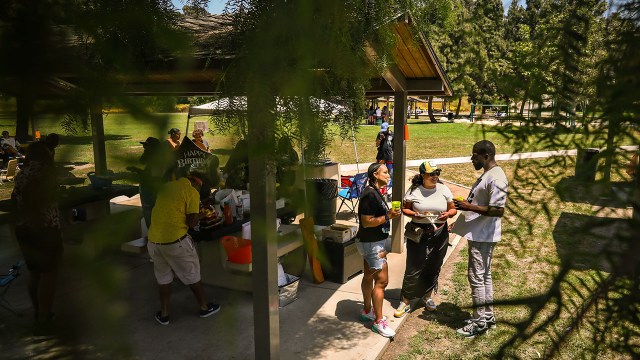
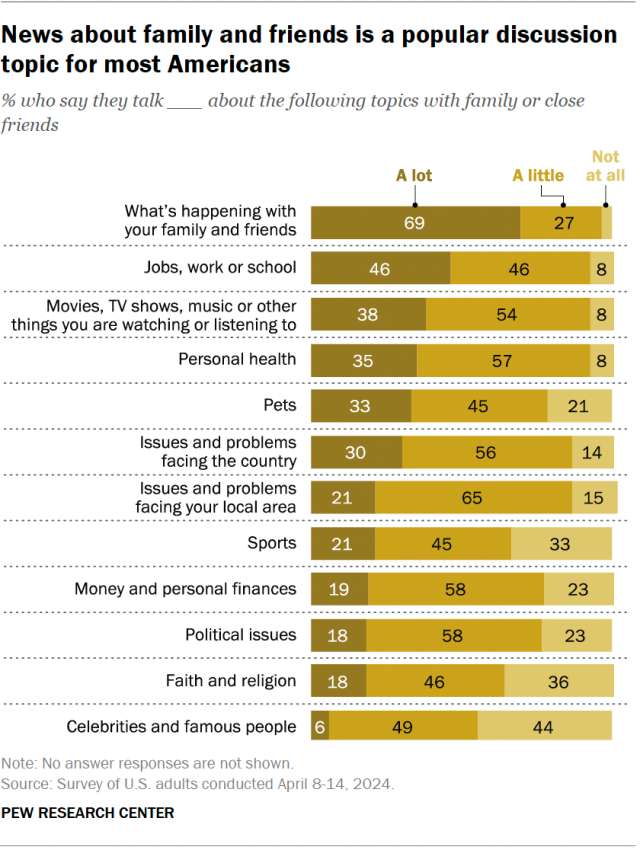
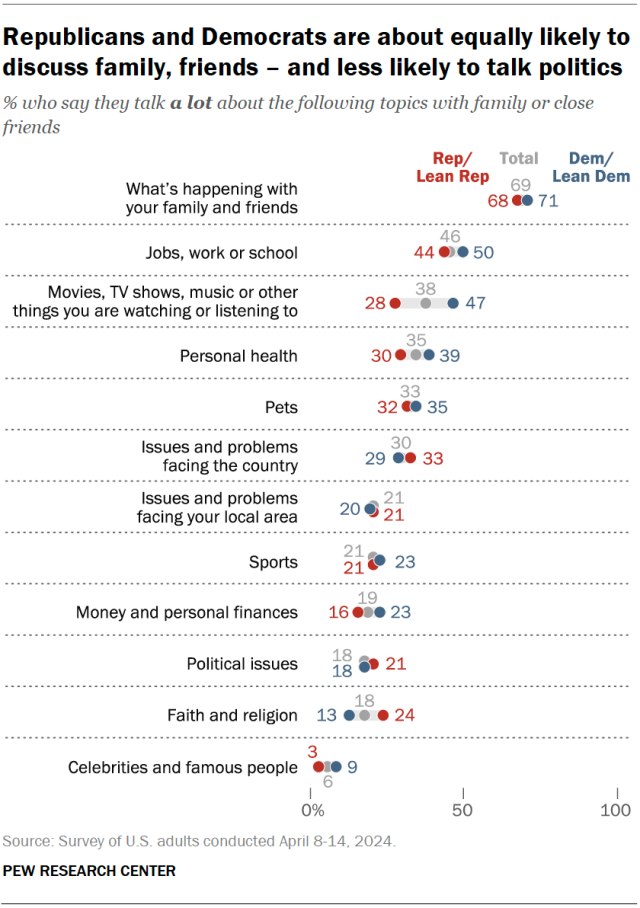
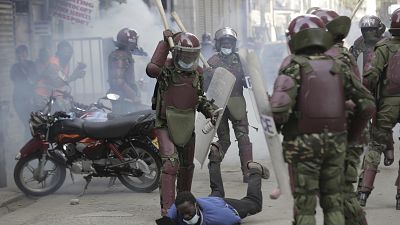
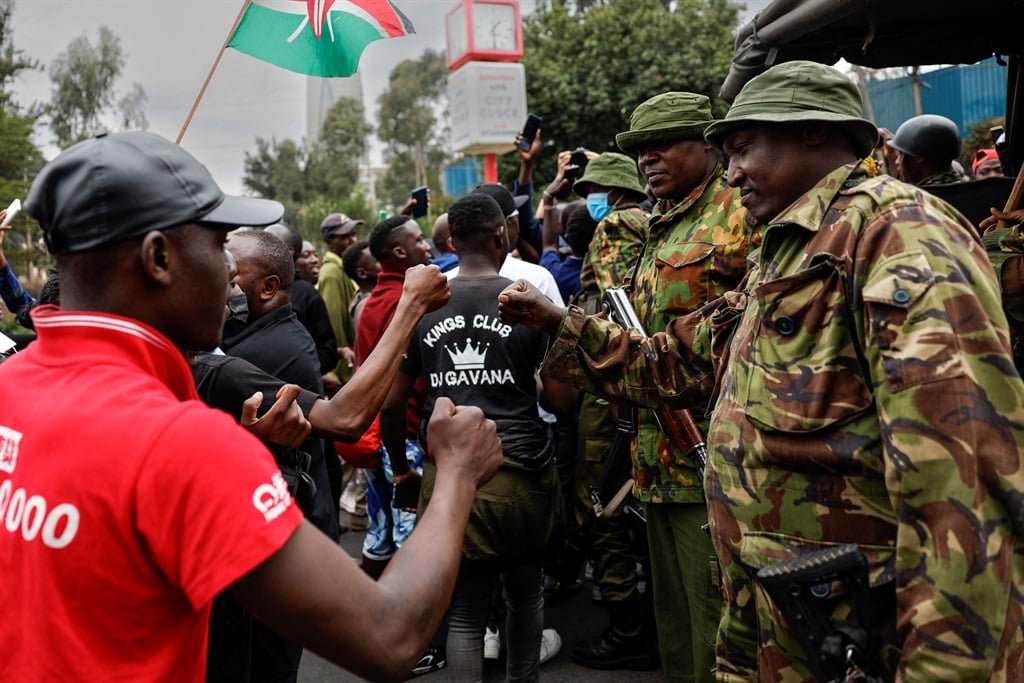
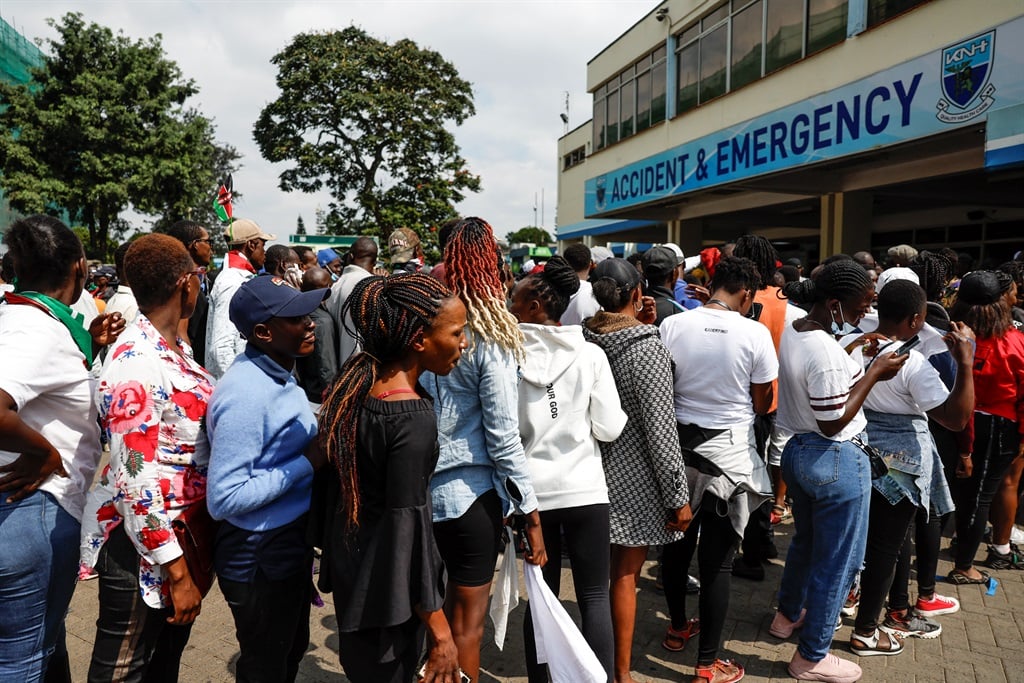





 A campaigner pastes an election poster of French far-right Rassemblement National (RN) candidate Sandrine Chadournec in Libourne, southwestern France on 2 July, 2024 as part of the French legislative elections. © Philippe Lopez / AFP
A campaigner pastes an election poster of French far-right Rassemblement National (RN) candidate Sandrine Chadournec in Libourne, southwestern France on 2 July, 2024 as part of the French legislative elections. © Philippe Lopez / AFP